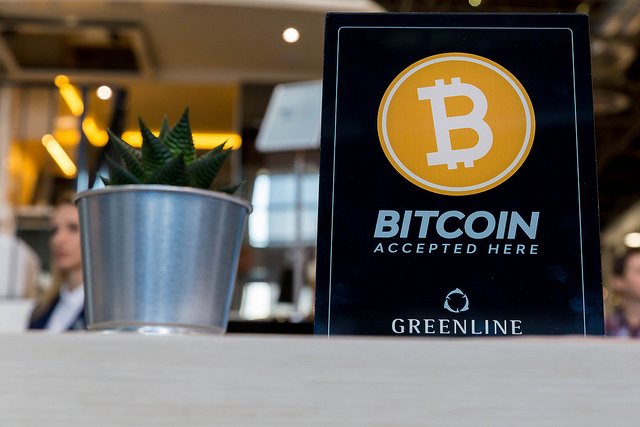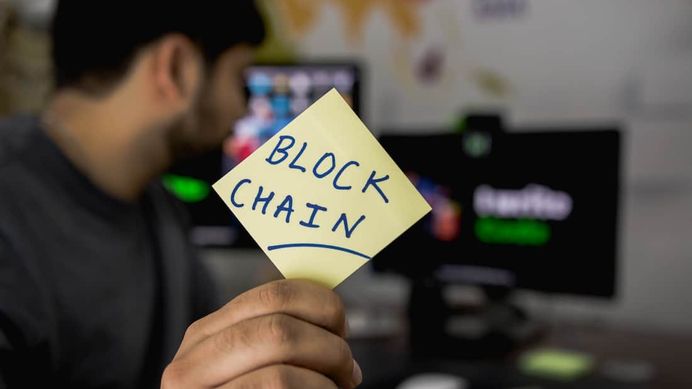Taxes in the modern economy can be high and in some regions, high taxes can make a company’s business model almost completely useless. In countries with high taxes, even individuals feel the strain of paying more to the government than they actually get to keep. In Canada, for example, high earning individuals who make more $80,000 CAD a year see 51% of their earnings taxed and going to the government. Considering that a lot of these individuals are self-employed entrepreneurs, these taxes can seem crushing.
Bitcoin, however, is currently not taxed and in most cases, individuals or companies can minimize tax obligations greatly by using Bitcoin within their tax strategies. Bitcoin remains a currency that is in a grey area where governments have been sluggish to legislate it. This provides a great opportunity; many can exploit the emerging technology and save thousands if not more, yearly, through accepting and using Bitcoin.
For those that argue against such strategies due to Bitcoin stability and lack of uses, the facts on Bitcoinplay by BTC Casinos suggest that not only is Bitcoin growing in popularity, but also many of these grey areas are disappearing as governments become hip to the changing global Internet marketplace. Countries like Japan have already made Bitcoin an official payment method and others are sure to follow in the coming years.
With that in mind, here is a quick look at how you can reduce your taxes by using Bitcoin for your business or personal finances.
Purchasing Goods, Services, or Paying Employees with Bitcoin

Unlike using fiat currencies, Bitcoin is not taxable on purchases and using it to buy things can save sales taxes, in most cases.
In countries like Belgium, Finland or Switzerland, Bitcoin has already become tax exempt in terms of VAT (Value Added Sales Tax). Buying goods with Bitcoin in these places can save you up to 15% on the overall bill for goods.
For example, if you were to purchase a new computer for $1000 with cash, the receipt would reflect a total price of $1150, as the $150 would be collected and passed on in taxes to the local government. Buying in Bitcoin, if the retailer accepts payment via BTC, can cut this tax and save you money.
For those that hire staff or professional support services, paying that staff in Bitcoin can save taxes related to employing workers, as most taxable calculations are based on fiat and don’t yet apply to Bitcoin.
In the case of employment insurance, for example, the employer is often responsible to pay a percentage of the premium on behalf of the employee. By paying staff in Bitcoin, the premium is reduced to zero in most jurisdictions, as long as the employee agrees to work for Bitcoin instead of the national currency.
Accepting Bitcoin as Payment for Goods or Services

Accepting payments or even your salary in Bitcoin can have huge gross savings on your tax liability. Similar to paying with Bitcoin, accepting Bitcoin means that goods and services paid through this median remain non-taxable in most jurisdictions. Unlike fiat, that falls under the watchful eye of the taxman, Bitcoin and similar digital currencies are still relatively under-regulated.
When it comes to accepting Bitcoin instead of a fiat salary, taxes saved are immense. Not only do you get to keep 100% of earnings, but you only need to pay taxes on what is actually converted to fiat and used in the form of cash.
For instance, if you are a freelancer who does work online, you can receive your pay in the form of Bitcoin and would only need to pay taxes on what is ultimately withdrawn to your bank account. Any Bitcoin transactions done would, therefore, remain under the radar and be taxed at near-zero levels.
Additionally, as Bitcoin is likely the only taxable based on capital gains, if you were to cash out the entire amount of Bitcoin paid as salary, you would not be liable for income tax, but rather capital gains tax, which can be much less burdensome on your bottom line.
In the event of accepting Bitcoin as a form of payment for goods or services in your business, only expenses or profits removed from the crypto-realm would be liable, and if most of your suppliers accept Bitcoin, huge savings can be sought simply by accepting Bitcoin and paying for supplies with it.
For example, if you were to buy all your supplies from other merchants who also accept Bitcoin, you would ultimately only pay a tax on any Bitcoins you convert to fiat. Since those suppliers use Bitcoin, a large part of your revenue can remain out of the eyes of the tax authorities and can result in major net savings.
Using Bitcoin to Finance International Trade
 International trade can be a tricky world to navigate, and duty on goods received from international suppliers can be expensive.
International trade can be a tricky world to navigate, and duty on goods received from international suppliers can be expensive.
For example, importing a piece of equipment from the Far East, in some cases, will have a 20-30% duty, based on a listed price of the product. By paying in Bitcoin and having the supplier list the value in Bitcoin, a company would technically be only responsible to pay the duty on the fiat portions of the sales invoice. Since the fiat portion is zero, the purchase would be considered more a barter-type transaction than an actual cash purchase, and thus duty could either be eliminated or vastly reduced.
Also, many countries have strict controls on capital flowing out of their economies and tax those doing business internationally. By using Bitcoin to send payments across borders, these monetary controls are avoided, as the money used never enters the conventional banking system. Not only does this eliminate taxes associated with sending or receiving money but also reduces fees as banks charge hefty fees on these types of transactions and Bitcoin can be much cheaper in this regard.
Investing Bitcoins as an Angel Investor
 Investing in startups with Bitcoin is a growing trend in the business world, with many companies raising funds through the acceptance of Bitcoin from their angel investors.
Investing in startups with Bitcoin is a growing trend in the business world, with many companies raising funds through the acceptance of Bitcoin from their angel investors.
Conventionally, in jurisdictions like the USA, a venture capitalist can only enter the angel investment realm if they are high net worth individuals, and any profits associated with backing the right horse can be taxed exponentially. By investing in a start-up with Bitcoin, not only is the angel investment marketplace accessible by anyone, but also gains and dividend paid out in Bitcoin can be sheltered heavily from capital gains tax.
For example, if you were to buy a stock for $1 and in one year that stock was worth $100, taxes would be paid on the $99 gain in your investment portfolio. On the other hand, if you were to invest 1 BTC, and the company was to return 99 BTC, the entire amount could be put towards another project prior to paying capital gains, as it never was converted to fiat.
Additionally, as most ICOs (Initial Coin Offerings) are the primary means of investing in startups with Bitcoin and dividends are paid in the form of coins rather than cash, profits are non-taxable as the conventional tax system still doesn’t recognize these new coins as a profit or capital gain.
Saving Bitcoin for a Rainy Day
 For most people looking to offset large income years and differ that income for a future date where income is less and thus taxes are less, Bitcoin can have some great advantages.
For most people looking to offset large income years and differ that income for a future date where income is less and thus taxes are less, Bitcoin can have some great advantages.
For example, if you were an athlete who makes 1 million a year and knows that your income will drastically reduce in a few years when your career is over, taking a portion of your salary in Bitcoin can ensure you remain in a lower tax bracket until those Bitcoins are converted to cash at a later date. For instance, you could take 50% in cash and 50% in Bitcoin. In this case, you would only pay income taxes on the 50% cash portion. When your career finished you could cash out the remaining Bitcoin and pay those taxes later, usually falling into a more reasonable income tax bracket.
These are just a few ways to save money on taxes using Bitcoin and other cryptocurrencies. Perhaps in a few years when the laws change to recognize the crypto-market, this may change. As for current times, these methods are very real and can potentially save you a lot of money.







